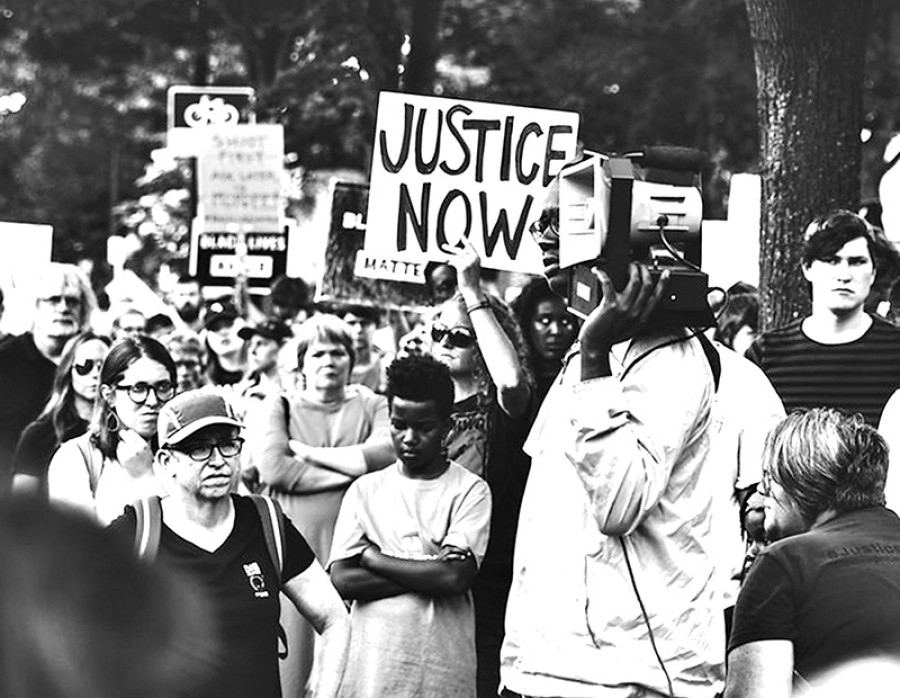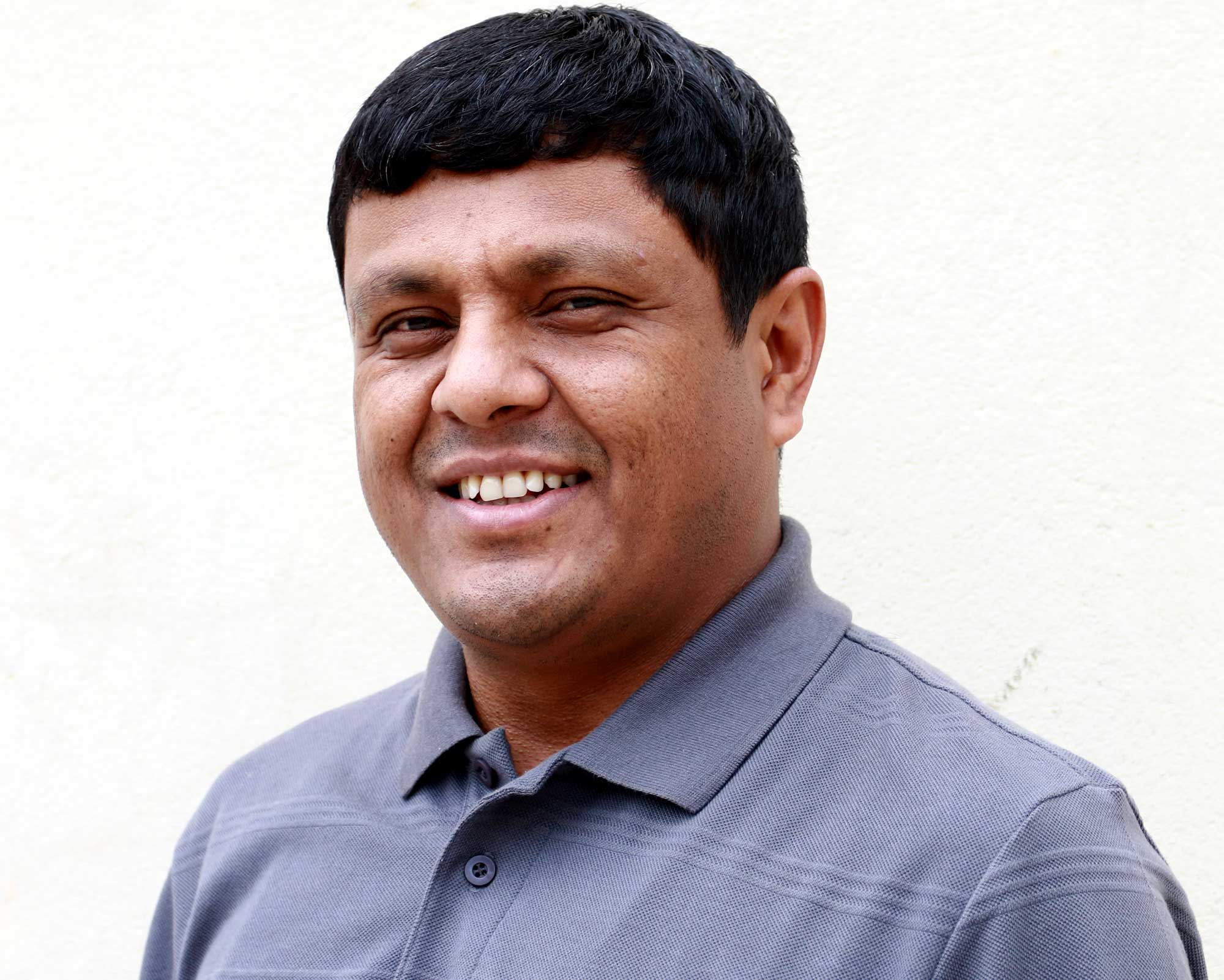Opinion
The ageing warriors
Betrayed by the state and the parties, it’s an endless wait for justice for the victims
Ram Kumar Bhandari
More than a decade after the signing of the Comprehensive Peace Accord (CPA) ending the Maoist conflict, the politically committed justice process has been delayed in the name of political consensus, and for the victims, betrayed by the state and the major political parties, it’s been an endless wait for justice. The authorities are destroying evidence, politically manipulating the sufferers and politicising the memory of war without honouring them and their families. The ruling and the opposition parties, the Nepal Army and the belligerent sides have come together to find an exit policy—not to provide justice to the victims but to protect themselves.
Nepal marked the 12th anniversary of the CPA on November 21. Activists of the Conflict Victims Common Platform (CVCP) gathered in the capital and issued a Victims Charter demanding a ‘high-level political mechanism’ to address the victims’ immediate needs, and dissolve the failed Truth and Reconciliation Commission and the Commission of Investigation on Enforced Disappeared Persons whose mandate expires in February 2019 after two extensions in four years. The two bodies have collected more than 65,000 complaints of human rights violations, but have produced no significant results due to lack of funding, technical assistance, government support, and most notably, political will.
Divided voices
Human rights groups, victims and civil society are divided over the extension of the terms of the two commissions. The victims and civil society argue that both commissions must be given additional time to conclude their task with an amended transitional justice act based on Supreme Court rulings and international norms of justice. The second group wants the government to reorient the whole process and establish a high-level political mechanism to address the victims’ needs because the two commissions have failed to deliver.
Chairman of the National Human Rights Commission Anup Raj Sharma said, “I cannot say that the existing transitional justice bodies should be dissolved, but it is better not to continue as they are in a weak situation. We need to hold wider discussions to find an exit point, otherwise they can be abused by the authorities. We need to seriously think about an effective mechanism to provide justice to the victims.”
The recent debate over whether to reconstitute the commissions or form a new political mechanism has divided the victims, civil society, transitional justice bodies, human rights groups and the diplomatic community. The Accountability Watch Committee consisting of conflict victims and civil society opposes the idea of a high-level political mechanism led by the CVCP. They suspect a political conspiracy to weaken the justice path. The existing commissions say that they never received support from the authorities, civil society and international organisations to find a collective solution oriented approach.
The victims blame both the authorities and the commissions for betrayal, and not coming up with a clear policy and mandate. Victim activists say that the commissions failed to deliver due to lack of trust, victim-friendly policy and expertise in the field. The way they performed in the past years was fully perpetrator-led, and they failed to question the alleged perpetrators or the power structures that protected them.
According to a commissioner of the Truth and Reconciliation Commission, they have no adequate resources, staff and clear mandate to conclude the process. They are not in a position to leave the commission immediately or move forward. They say that the government must provide real support and extend its mandate with a clear act and policy soon so they can produce results and provide justice to the victims. They say that the idea of political mechanism has a political intention, and is designed to benefit some actors, not the victims.
During the CPA anniversary function, a group of former Maoist combatants demanded that their livelihood problems be addressed, and one of them even tried to commit suicide in front of Home Minister Ram Bahadur Thapa, himself a former Maoist commander. Later, a group of ex-combatants warned the government and publicly said that they might take up arms again if their demands were not addressed. On November 24, the Netra Bikram Chand-led Communist Party of Nepal held a rally in Kathmandu and raised issues of the disappeared, martyrs, disabled and ex-combatants. Many ex-combatants and families of the disappeared, martyrs and war-affected people joined the demo. They feel that state has not only betrayed them, but also dishonoured their human dignity and neglected their history of sacrifice.
National honour
The Nepal Army has been closely involved and has been interfering in the political set-up and threatening rights activists since the very beginning of peace deal. The disappeared persons may not return, but the authorities must declare their fate and provide satisfactory answers to the families and accord them national honour for their sacrifices in the struggle. Family members have never accepted political amnesty for serious crimes such as enforced disappearances, extrajudicial killings, rape and torture. The victims’ community and the general public have acted as the community architect of reconciliation. Without community engagement and a local approach, prescriptions by external actors may not be fruitful or help to find a local solution. The actors must not play against the spirit of truth and justice.
The victims have suffered enough due to political manipulation and project-led instrumentalisation. Without a victim-centred policy and strong legal mandate, any sort of mechanism formed under political interference and security control may weaken the truth seeking and justice process. Victims’ associations, human rights groups and the international community need to closely watch the process and warn the authorities not to sabotage justice delivery by protecting the alleged perpetrators in the name of prosperity andpolitical reconciliation.
Bhandari is founder president of the National Network of Families of Disappeared and Missing (NEFAD) and co-founder of the Conflict Victim Common Platform.




 9.7°C Kathmandu
9.7°C Kathmandu










